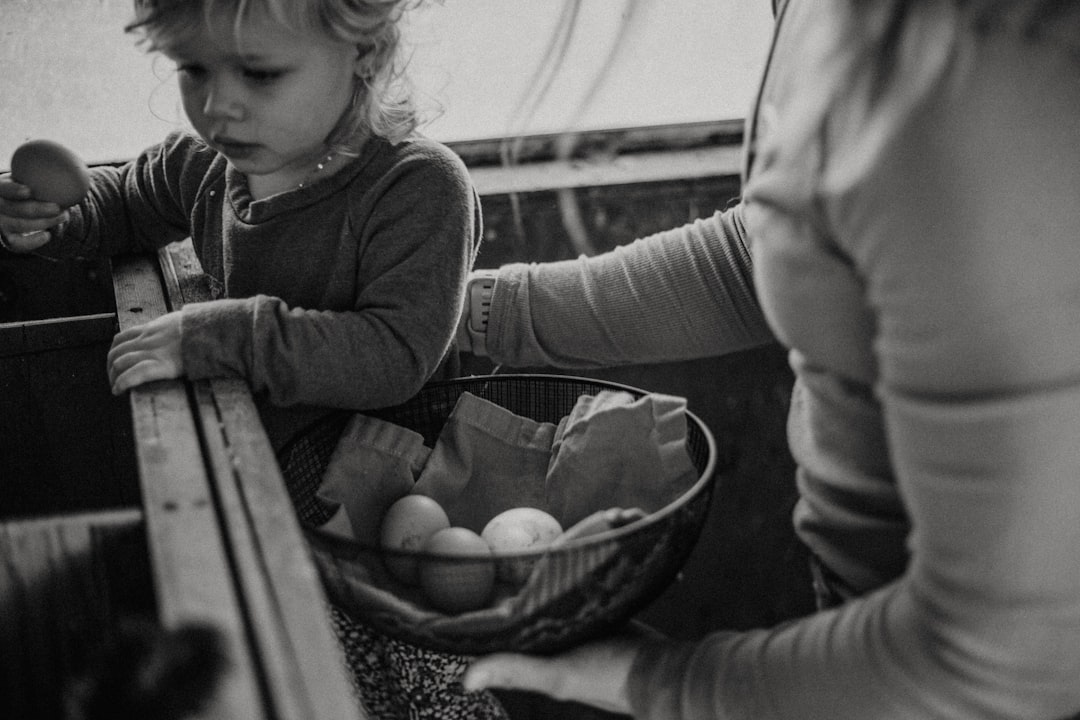**Navigating the Spectrum of Parenting and Education Styles for Holistic Child Development**
In an era where the future is as uncertain as it is exciting, parenting and education stand as pivotal elements in preparing children not just to succeed, but to thrive. The styles and approaches parents choose can significantly influence a child’s emotional, social, and intellectual development. This article delves into various parenting and education methodologies, highlighting their unique benefits and challenges, and provides insight into creating an adaptable and nurturing environment for children.
The Harmony of Authoritative Parenting
Authoritative parenting strikes a balance between discipline and freedom, offering a framework that promotes independence while maintaining clear guidelines and expectations. This style is characterized by a high level of warmth and reasonable, consistent discipline. Children raised by authoritative parents tend to exhibit higher self-esteem, better academic performance, and well-developed social skills. This approach not only supports a child’s autonomy but also ensures that they grow in a structured environment where open communication is encouraged.
Embracing the Montessori Method
The Montessori method offers a child-centered approach to education, emphasizing independence, freedom within limits, and respect for a child’s natural psychological development. In Montessori classrooms, children are given the opportunity to choose from a range of activities at their own pace. This educational style helps develop a love of learning and an intrinsic motivation that carries into adulthood. Montessori-educated children often excel in problem-solving, critical thinking, and creativity, making this method a popular choice among parents aiming for a comprehensive educational foundation.
The Impact of Unschooling
Unschooling, a more radical branch of homeschooling, allows children the freedom to explore their interests through real-world experiences without a formal curriculum or schedule. This educational philosophy believes that learning should be driven by a child’s curiosity and be as natural as breathing. While unschooling can foster remarkable self-direction and deep knowledge in areas of interest, it requires committed parents who are ready to facilitate an expansive learning environment that goes beyond traditional academic subjects.
Digital Age Parenting
In the digital age, parenting extends into the virtual space, influencing how children interact with technology. Digital age parenting involves teaching children about the responsible use of technology, balancing screen time with offline activities, and guiding them through the vast resources available online. This modern aspect of parenting is crucial as it helps children navigate online risks such as cyberbullying and misinformation, while also exploiting technological benefits for educational and developmental gains.
Integrating Emotional Intelligence Education
Emotional Intelligence (EI) education is becoming an integral part of parenting and schooling, teaching children to manage emotions, develop empathy, and improve social skills. Incorporating EI into daily routines can help children better understand and manage their reactions and interactions. Schools that have embraced EI report fewer instances of bullying and higher overall student happiness. For parents, focusing on emotional intelligence helps forge a deeper connection with their children, fostering an environment of mutual respect and understanding.
In conclusion, the landscape of parenting and education is diverse and evolving. By understanding and thoughtfully applying different styles and methods, parents and educators can equip children with the tools they need to navigate their futures successfully. Whether through structured learning or free exploration, the ultimate goal remains the same—to raise well-rounded, resilient, and thoughtful individuals ready to face the world’s challenges.






